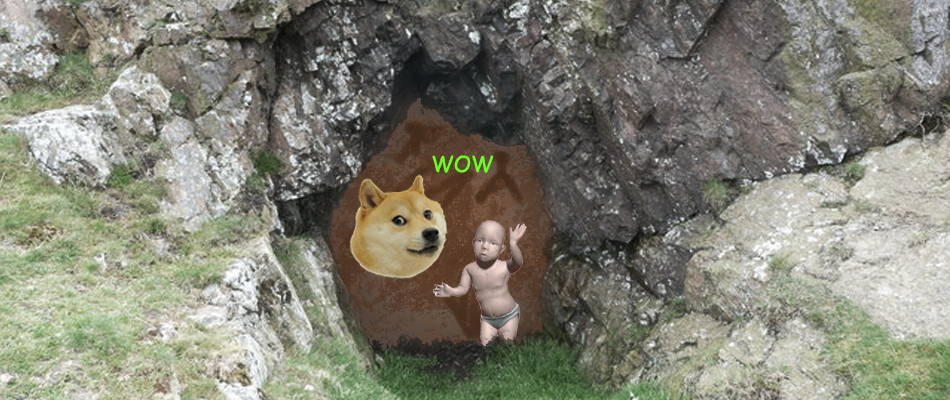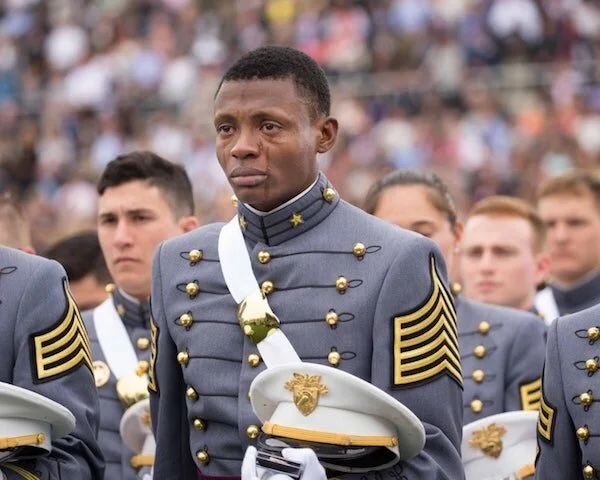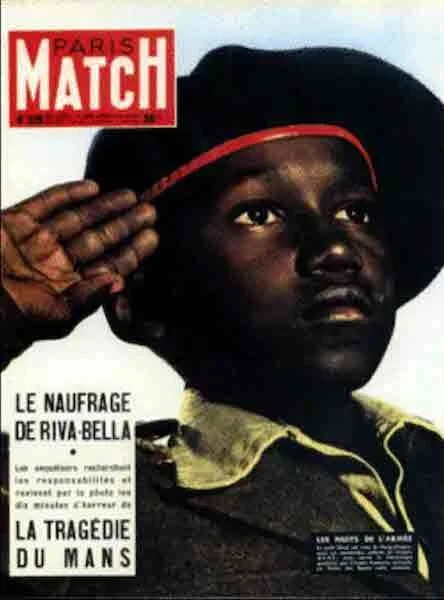Cave photograph © Jeremy Bolwell cc-by-sa/2.0 — geograph.org.uk/p/2972453
Cave of Forgotten Memes
Don’t you hate it when you come up with the perfect hot take when it’s just too damn late?
The internet moves disturbingly fast for an Old Millennial / Generation Catalano / Xennial / Oregon Trail Generation-er like myself, and sometimes memespiration strikes hard well after the news cycle has moved on. It’s the internet version of l’esprit de l’escalier, and I wish there was a word for it. I also wish there was an appropriate forum for sharing years-old hot takes that are too inconsequential or stupid to deserve an analytic essay.
With that lamentation out of the way, I’m here to say that I just came up with the meme / micro cultural analysis about a two-year-old viral image, and I must share it. Here’s the photo collage mashup version, followed by an explanation:
OK, so admittedly this is a bit of a deep cut, and requires some unpacking (a surefire way to kill a meme, if it weren’t already dead).
American Match: a memesplanation
@usarmy photo by: Staff Sgt. Vito T. Bryant
I recently came across the profile page of a conservative, military-loving Twitter user, who was using a cropped version of this photograph of a crying soldier as their header image. After reverse Google-image searching the image I found the original photo (above), which apparently went viral in 2016 after its initial appearance on the US Military Academy Instagram page.
The photo shows Haitian immigrant and 2nd Lt. Alix Schoelcher Idrache at his West Point Military Academy graduation ceremony, wearing an Army uniform and tearfully gazing into the middle distance.
In its application as the header image on a conservative Twitter account, it was clear that this photo was doing some serious cultural work, and I was immediately struck by the similarity between the image and another famous photo of a Black soldier:
This 1955 image, of a Black soldier on the front cover of the magazine Paris Match, was one of the central examples analyzed by Roland Barthes in his famous book Mythologies.
Barthes described the way this magazine cover image creates meaning for the viewer. He writes:
“I am at the barber’s, and a copy of Paris-Match is offered to me. On the cover, a young Negro in a French uniform is saluting, with his eyes uplifted, probably fixed on a fold of the tricolour. All this is the meaning of the picture. But, whether naively or not, I see very well what it signifies to me: that France is a great Empire, that all her sons, without any colour discrimination, faithfully serve under her flag, and that there is no better answer to the detractors of an alleged colonialism than the zeal shown by this Negro in serving his so-called oppressors” (115).
Dated language aside, Barthes’ description of the 1955 image’s function can be mapped almost directly onto the image of Idrache, with the US replacing France as oppressive neocolonial power. As a Twitter profile header image, the photo connotes a belief in “color-blind” patriotism, fealty to the US military, and a conviction that people of all races should be grateful to serve. The fact that Idrache was identified as an immigrant adds another, specifically American layer. Immigration (the right kind of immigration, at least) is important to the American self-conception, and this public display of immigrant gratitude serves the narrative well.
As with the Paris Match cover, the backstory of the photograph falls away, and Idrache’s biography and specificity is replaced with a set of connotations that can be mobilized by audiences as varied as pro-immigration activists and US military boosters.
In today’s media landscape, it isn’t just powerful publishers and other platform gatekeepers that have the authority to reify an image and circulate specific cultural referents. Virality is its own authority, and the image of Idrache gathered its power and weight as it rolled around the internet in Katamari Damacy-like fashion (there’s another ancient reference for you), accumulating sticky layers of meaning. It found itself attached to news stories, gathering extra-textual meaning in the form of Facebook comments and inspirational quotes, pinned to inspiration boards and reused as avatar images.
fin.
Thus ends the first entry in this cave of forgotten memes.
-KP






